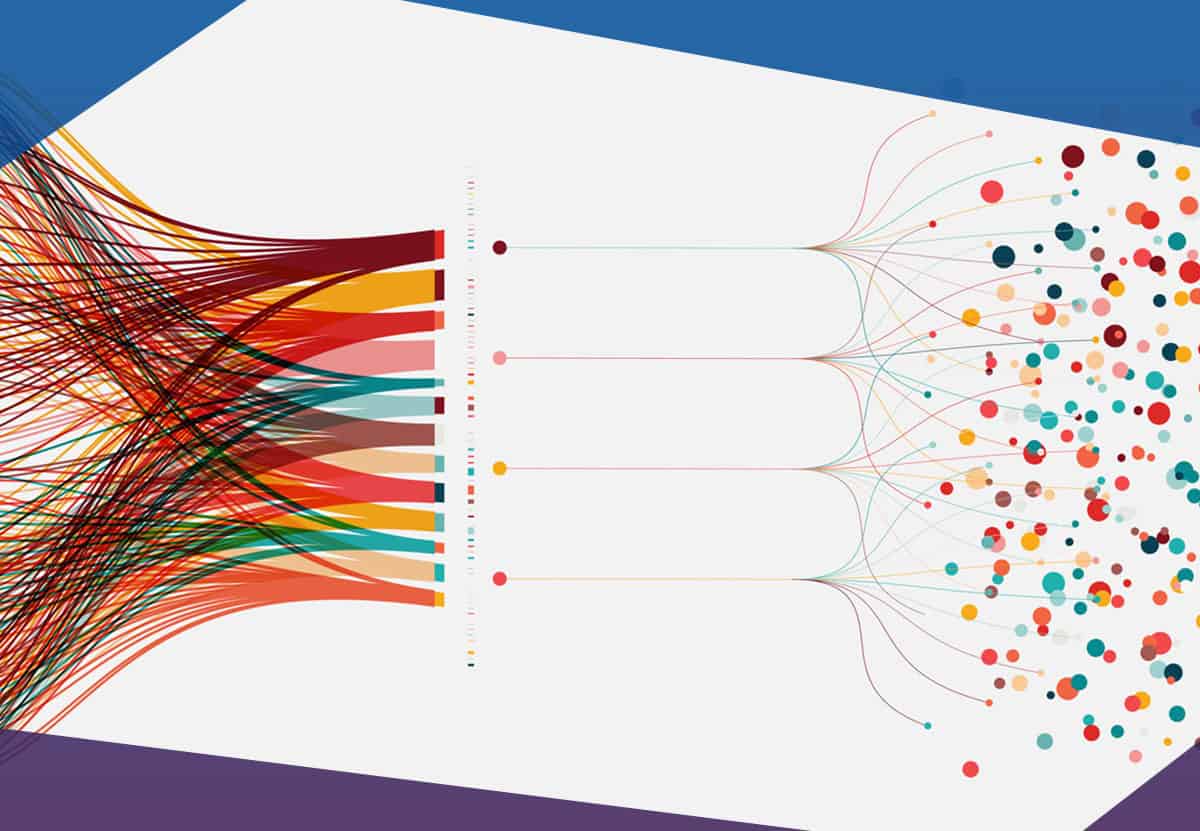Remember Roomba? Maybe you have one, zipping around your home, getting caught under furniture and amidst wires. That seemingly simple machine, armed with programming and dust-sucking, became seamlessly integrated in the lives of millions. But even at the height of the Roomba revolution, there wasn’t a lot of talk about smart vacuums stealing our jobs or taking over our homes.
Everyone is fascinated with artificial intelligence right now. It is hard to deny the buzzword power of the term. Tinged with fear or awe, AI often feels like the answer to everything—or our impending downfall.
The reality is far from either. As it stands now, AI like the programming in Roomba, or Roomba’s grown-up relatives found at Walmart and Giant Foods, is a powerful tool. Limited to specific tasks or deep learning, AI may just be the best coworker you’ve ever had.
Is AI Coming for Our Jobs?
Here’s the truth: For employees whose primary job function may easily be replaced by single-task AI, the job hunt may be on. Computer-screen ordering interfaces and shipment-sorters may in fact reduce hours for the humans who previously held those positions and others like them. Fortunately, many businesses are utilizing AI as an opportunity to free their employees for more complex and customer-facing tasks.
For every job that might be eliminated or reduced, there are many more that just don’t work without human hands and minds.
And because thankless tasks are becoming automated, human workers can now spend their time and energy immersed in the more creative aspects of their jobs.
AI and IT: Working Together for You
It may not surprise you to learn that IT is currently the field most welcoming to our AI coworkers. For IT managed services firms that balance the cutting edge with enhanced security, a cautious approach still finds that within specific, defined roles, AI provides valuable services.
Tools like firewalls, antivirus, and remote monitoring, among others, are IT staples that frequently employ AI. There is a firewall AI, for example, that can be programmed to track traffic patterns (volume, uploads and downloads, behavior on websites), and if something appears contrary to what has been deemed “normal” patterns, the associated software can automatically isolate a user’s workstation and alert a human team member that there has been a potential compromise.
Deployed on a larger scale, this type of monitoring and pattern-detecting AI frees IT professionals from manually watching the same traffic. This means billing hours go to solving problems and providing meaningful solutions instead of wondering if a large file download is suspicious.
AI also has the potential to detect patterns and flag issues that human experts can’t identify themselves. Given data sets and known problems, machine-learning AI may move the IT industry into truly predictive safeguards. If used widely, this could mean no more frantic break-fix calls after hours because AI team members have long since identified the developing issue, and human counterparts have already fixed it.
AI as part of a managed services offering doesn’t have to feel inhuman. As a tool utilized by humans in order to provide an enhanced, fuller package of IT services, AI improves experiences.
Do you have questions about AI and what it could do to improve your business’s IT systems and cyber security? Call Anderson Technologies today at 314.394.3001 or send us an email at info@andersontech.com.




